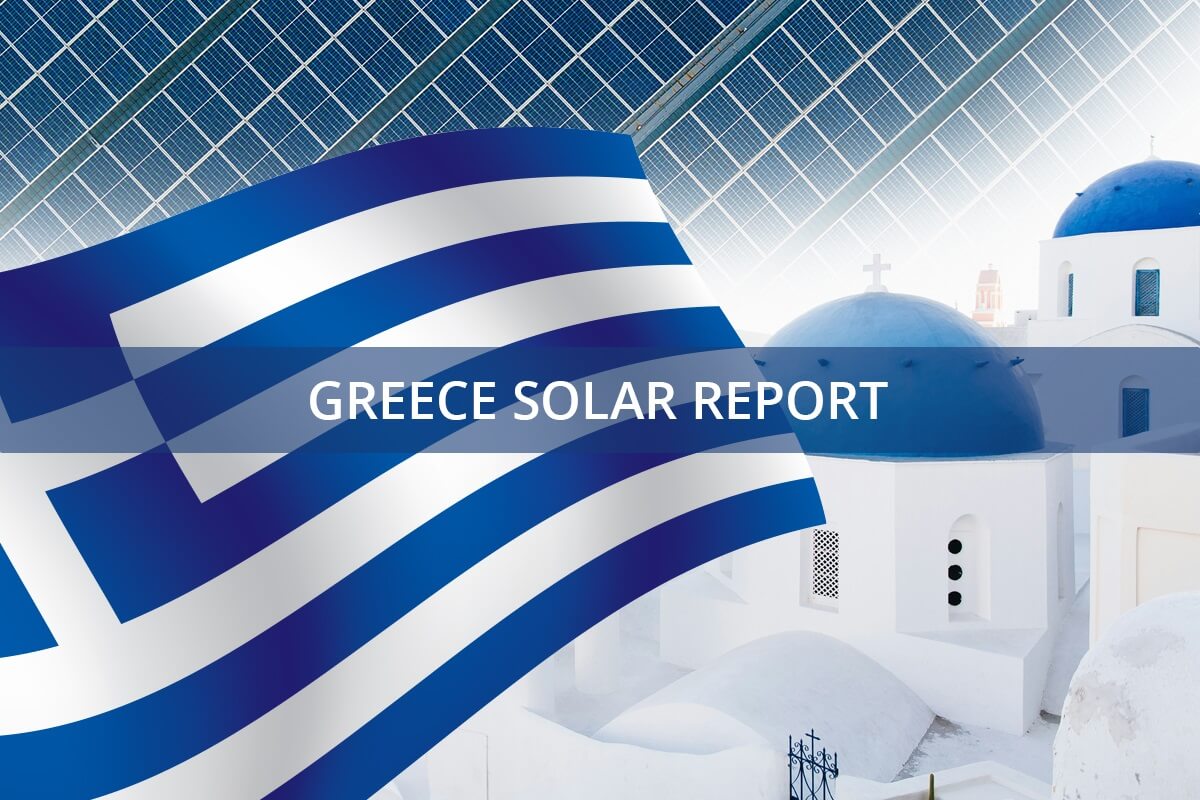Greece has reached a significant milestone in its renewable energy goals by achieving 2.6 GW of solar capacity in 2024. This development marks a key step as the country aims to produce 80% of its electricity from renewable sources by 2030. For more details, you can refer to this report on Greece’s solar capacity achievement.
Greece solar capacity goals and future targets
Greece aims to add 1.5 GW of solar capacity annually, reaching a total of 14.1 GW by 2030. In the first half of 2024, the country installed 2.6 GW of solar photovoltaic (PV) systems, marking the second-best result in its history. This achievement indicates that Greece could exceed its annual target by the end of the year.
In 2023, Greece installed 1.9 GW of solar capacity, and the country has now reached a cumulative capacity of 10 GW. This puts Greece on track to reach its 2030 target of 14.1 GW, as outlined in the Updated National Energy and Climate Plan (NECP).
Greece solar capacity and energy production in 2024
In the first half of 2024, Greece produced 6.7 TWh of electricity from solar PV, which is an increase of 1.3 TWh compared to the same period in 2023. This rise in solar energy production has helped reduce electricity prices in Greece, with the average wholesale market price dropping to EUR 95.8 per MWh from EUR 197.9 per MWh during the same period in 2023.
Greece solar capacity and renewable energy commitment
Greece is committed to increasing its share of renewable energy in the electricity mix to 80% by 2030, with solar PV playing a crucial role in achieving this goal. The country plans to expand its solar capacity by 1.5 GW annually. By 2030, Greece aims to have 14.1 GW of solar capacity, producing an estimated 19.7 TWh of electricity.
The Greek government has implemented a regulatory framework to encourage the installation of solar PV systems. This framework includes a feed-in tariff (FIT) for systems up to 500 kW, a feed-in premium (FIP) for systems between 500 kW and 1 MW, and competitive bidding for projects larger than 1 MW.
Additionally, Greece is working on improving the grid infrastructure to accommodate the growing number of solar PV systems. The government is also promoting the use of energy storage to handle the intermittent nature of solar energy.
Economic and environmental benefits of Greece solar capacity
The rapid growth of solar energy in Greece is contributing to the country’s energy independence and helping to reduce greenhouse gas emissions. Solar energy is also creating new jobs and economic opportunities, particularly in rural areas where many solar projects are being developed.
The decrease in electricity prices due to increased solar energy production is another significant benefit. This reduction in costs is making electricity more affordable for Greek consumers and businesses.
Greece’s achievement of 2.6 GW of solar capacity in 2024 is a major step towards its renewable energy targets. The country’s commitment to expanding its solar capacity, coupled with supportive government policies, is driving the growth of solar energy and helping to lower electricity prices. As Greece continues to invest in solar energy and improve its infrastructure, it is well on its way to achieving 80% renewable energy in its electricity mix by 2030.

